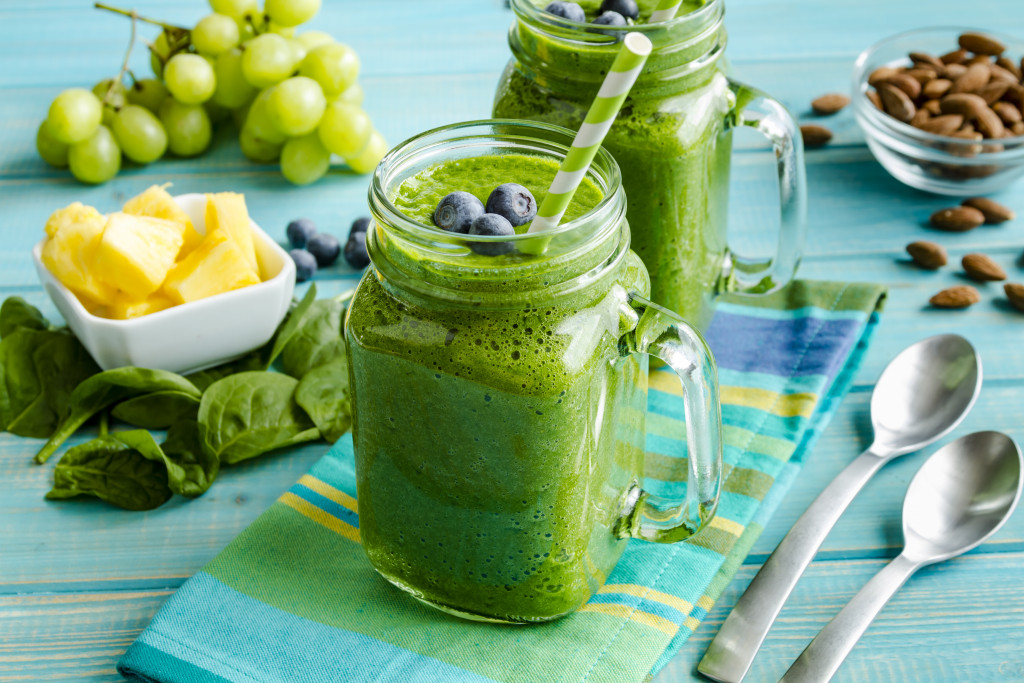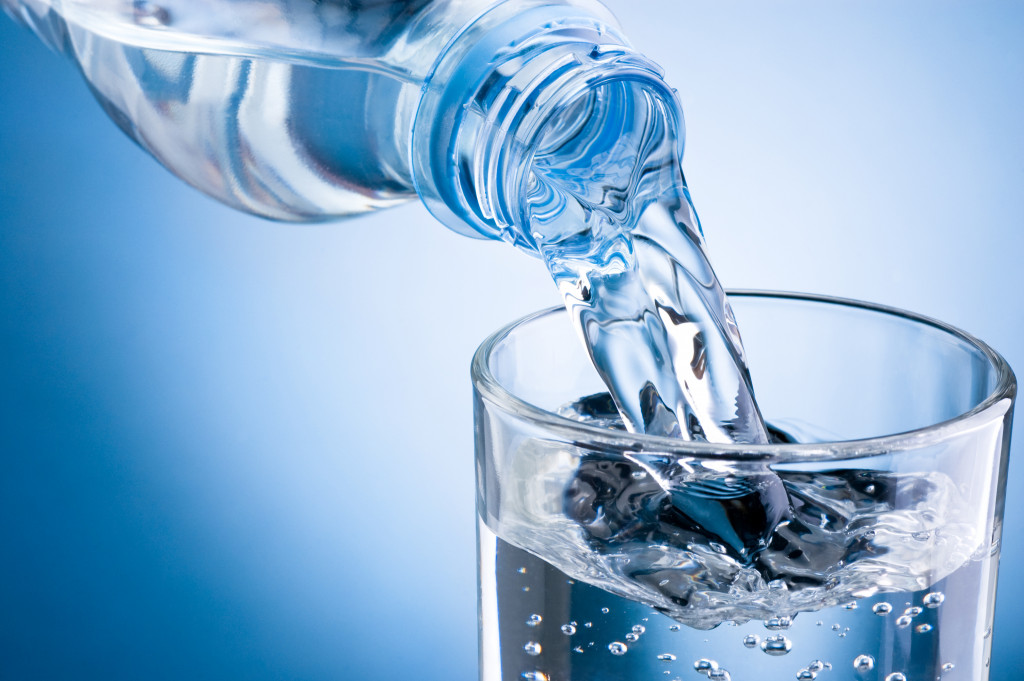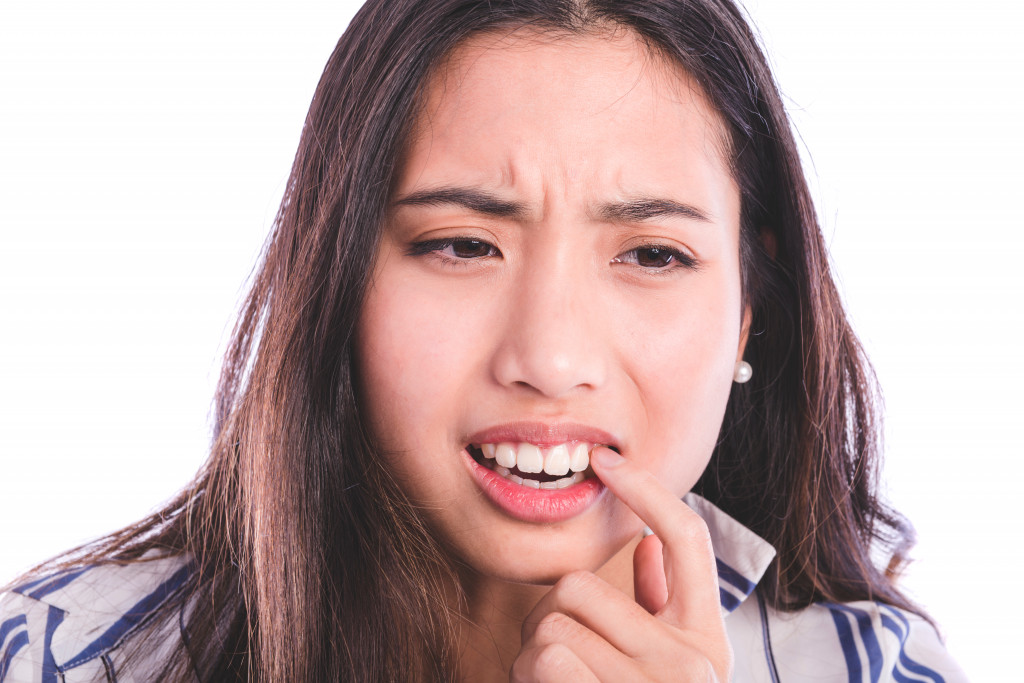• Consider dental implants as a permanent replacement option for missing or damaged teeth.
• Choose soft, nutrient-dense foods to get optimum nutrition without tough chewing that can further damage your teeth.
• Cut down on sugary drinks, which can stick to teeth and promote bacterial growth.
• Practice good oral hygiene habits such as brushing and flossing twice daily with mild toothpaste.
• Talk to your dentist for advice and tips on how to eat better with bad teeth.
Do you have bad teeth that make eating the foods you love difficult? Unfortunately, dental health problems can significantly impact your diet, causing you to avoid certain foods and miss out on essential nutrients. This blog post will explore practical tips to help you eat better with bad teeth. Whether you’re dealing with cavities, enamel erosion, or missing teeth, these ideas will help keep your body healthy and energized.
1. Consider dental implants:
Dental implants may be an excellent option to consider if you’re missing teeth due to injury, decay, or other dental health issues. Unlike dentures, which can slip and cause discomfort, implants are permanent tooth replacement options that can be anchored directly into the jawbone. They can be more expensive than other options, but many people find that they are worth the investment for the improved quality of life they provide.
Talk to your dentist to learn more about your options and the potential benefits of dental implants. They may be the perfect solution for restoring your ability to eat all the foods you love. Visit your dentist regularly to ensure the implant is working properly and to check for any signs of infection.

2. Choose soft, nutrient-dense foods:
When your teeth are sensitive or damaged, choosing foods that are easy to chew and swallow is essential. However, that doesn’t mean you have to sacrifice nutrition! Instead, focus on soft, nutrient-dense options like soups, stews, eggs, mashed vegetables, and smoothies. These foods pack a punch in terms of vitamins, minerals, and fiber without requiring tough or crunchy chewing.
You can also try to soften other foods you may find more challenging to chew. For example, cooked pasta can be easier to eat than raw noodles, and baked potatoes can be mashed for easier swallowing. Avoid tough and crunchy ingredients such as raw vegetables, nuts, and seeds. They may be nutritious, but they can be challenging to eat with bad teeth.
3. Cut down on sugary drinks:
Sugary drinks like soda, juice, and sweet tea are some of the main culprits of tooth decay and gum disease. If you have bad teeth, limiting your consumption of these drinks is best, as the sugar can stick to your teeth and promote bacterial growth. Instead, try the following alternatives:
a. Water
Not only is water calorie-free, it’s also the best way to keep your teeth and gums healthy. Drink plenty throughout the day to stay hydrated and wash away any food particles stuck in your teeth.

b. Milk and unsweetened tea or coffee
Milk and unsweetened tea or coffee are great alternatives to sugary drinks. Not only do they provide essential nutrients, but they can also help to strengthen your teeth and keep your breath fresh.
c. Natural sweeteners
If you crave something sweet, use natural sweeteners like honey or stevia instead of sugar. These options contain fewer calories and won’t have the same negative effect on your teeth as sugar.
d. Vegetable juice
Vegetable juice is another great option for those with bad teeth. Although it contains natural sugars, the nutrients you get from vegetables can help fight tooth decay and aid digestion.
4. Practice good oral hygiene:
Practicing good oral hygiene habits is essential to minimize the impact of your bad teeth. Brush twice daily and floss every day to remove food particles between your teeth. Additionally, consider using an antibacterial mouthwash to kill any germs lingering in your mouth.
You can also look for toothpaste that is low in abrasive ingredients like baking soda and avoid those that contain fluoride, which can be harsh on damaged teeth. Instead, opt for toothpaste that contains calcium and phosphate, which can help to remineralize teeth and protect against cavities.
Dealing with bad teeth can be frustrating and discouraging, but there are steps you can take to eat better and stay healthy. By choosing soft, nutrient-dense foods, cutting down on sugary drinks, and practicing good oral hygiene, you can nourish your body and get the most out of the foods you love. Talk to your dentist for more tips and advice on how to eat better with bad teeth.


